Your cart is currently empty!
Tag: NaturalCultivation
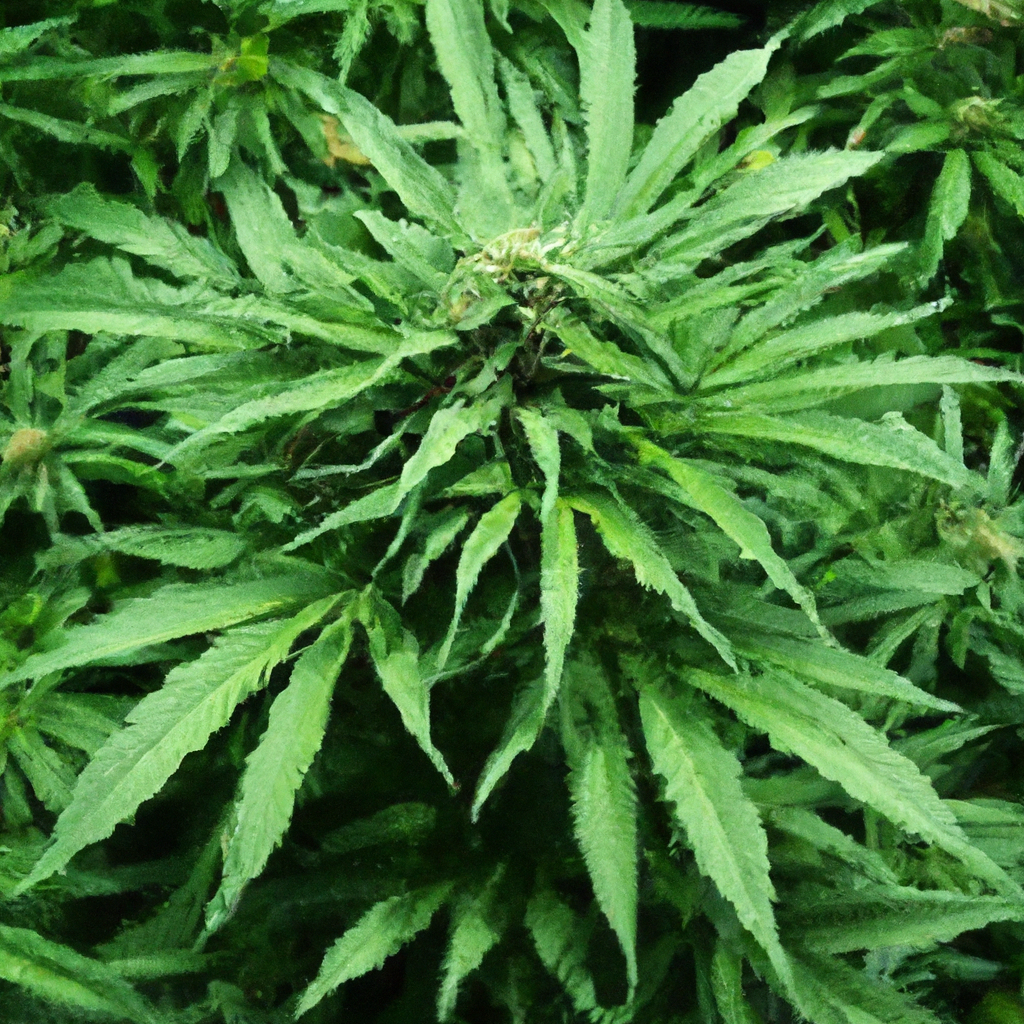
Embracing organic methods in cannabis cultivation benefits both the environment and plant health, yielding a cleaner, more natural product. Organic growing avoids synthetic chemicals, relying on natural fertilizers like compost, worm castings, and fish emulsion to enrich the soil. Creating a healthy soil ecosystem is crucial, incorporating practices such as crop rotation, cover crops, and…
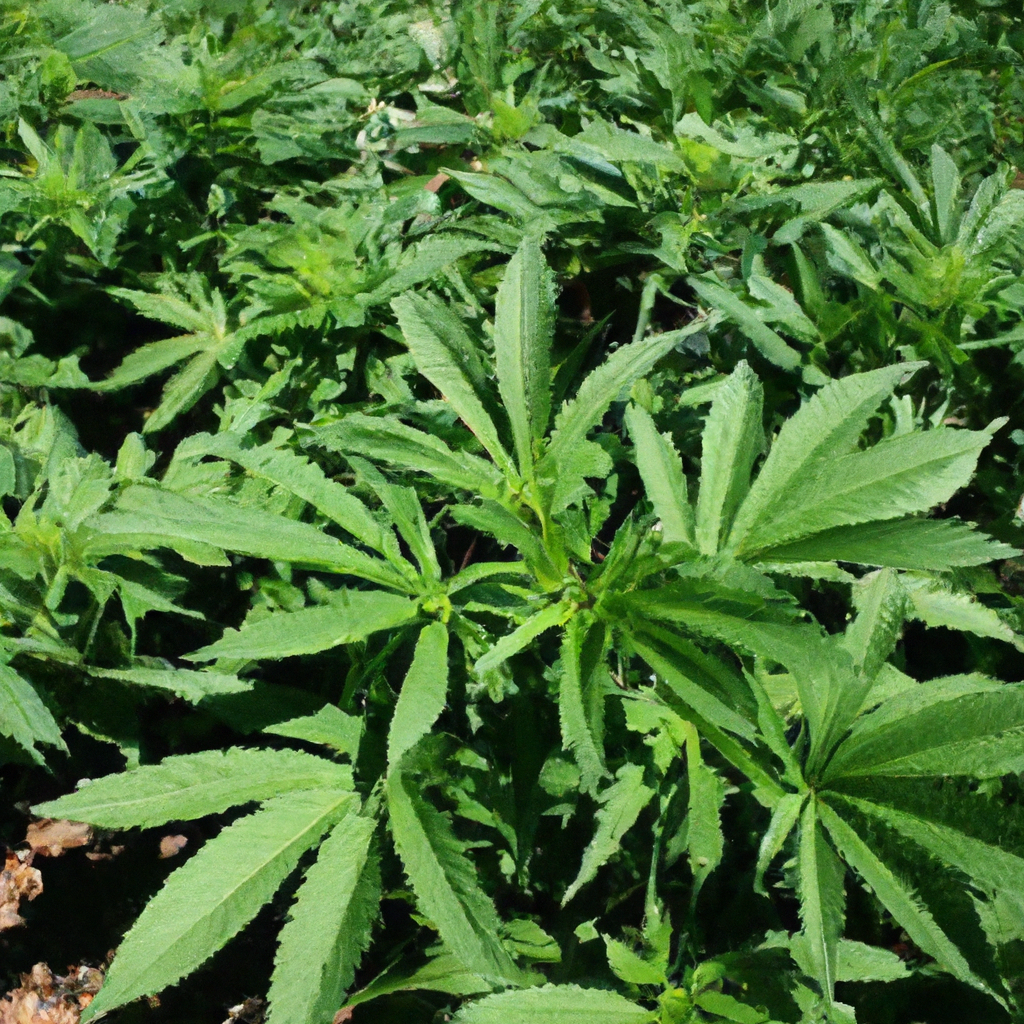
Organic cannabis cultivation involves a holistic approach that aligns with natural processes. This post explores best practices, such as enriching soil ecosystems through compost, cover crops, and mulch; using natural fertilizers like worm castings and fish emulsion; and employing eco-friendly pest management strategies including beneficial insects and neem oil. The benefits are significant for the…
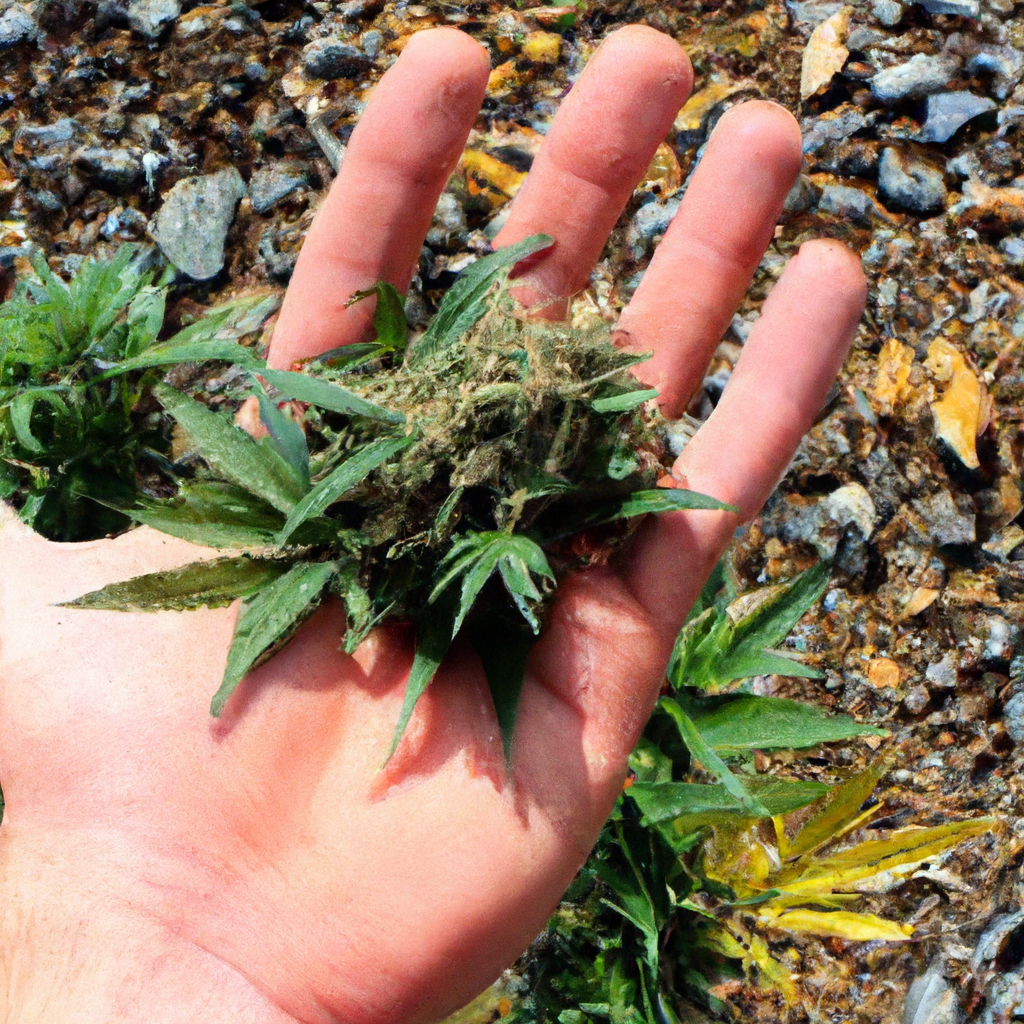
Explore the sustainable cultivation of organic cannabis with techniques like natural fertilizers, composting, and eco-friendly pest control. Learn to build healthy soil ecosystems using compost, earthworms, and cover crops while opting for natural fertilizers like bone meal and fish emulsion. Discover pest control methods such as companion planting and beneficial insects to maintain a chemical-free…
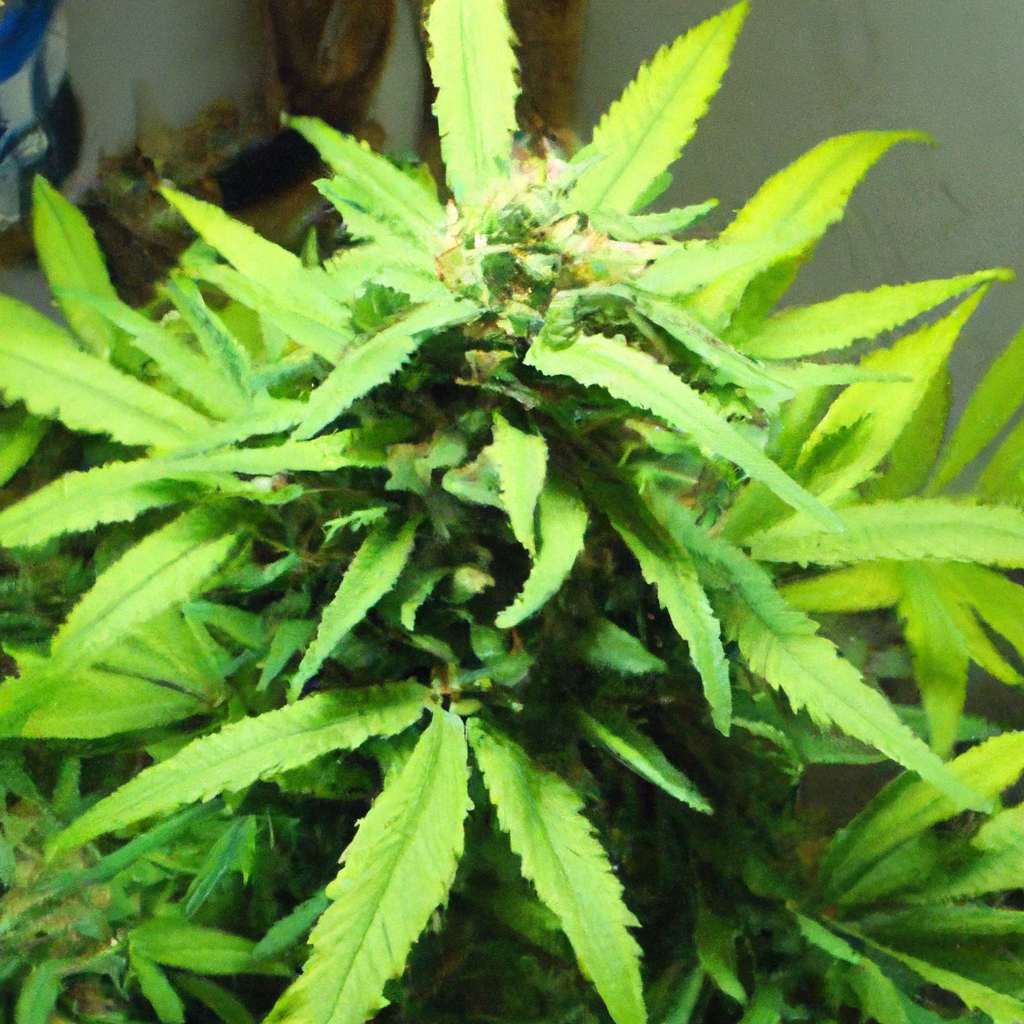
Cannabis cultivation involves understanding the complex symbiotic relationships between plants and their environment. Symbiosis, including interactions with beneficial microbes and companion planting, can significantly enhance growth and yield. Mycorrhizal fungi and beneficial bacteria improve nutrient uptake and stress resistance, while companion plants like basil, lavender, and marigold offer pest control and other benefits. To harness…
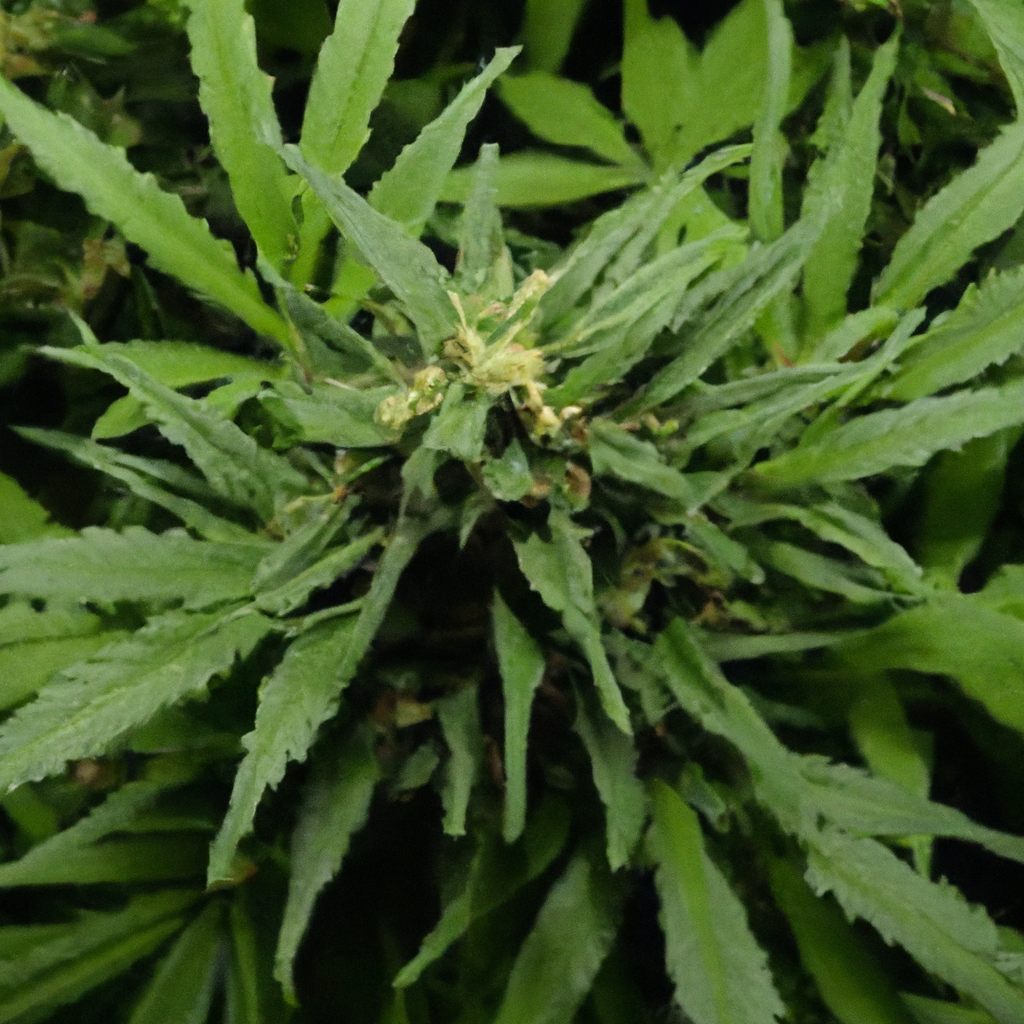
Growing cannabis involves numerous challenges, with pest management being one of the most daunting. Ensuring healthy yields requires a strategic approach using Integrated Pest Management (IPM), which combines cultural, biological, mechanical, and, as a last resort, chemical controls. Natural alternatives like diatomaceous earth and neem oil provide effective, non-toxic solutions. A case study of a…
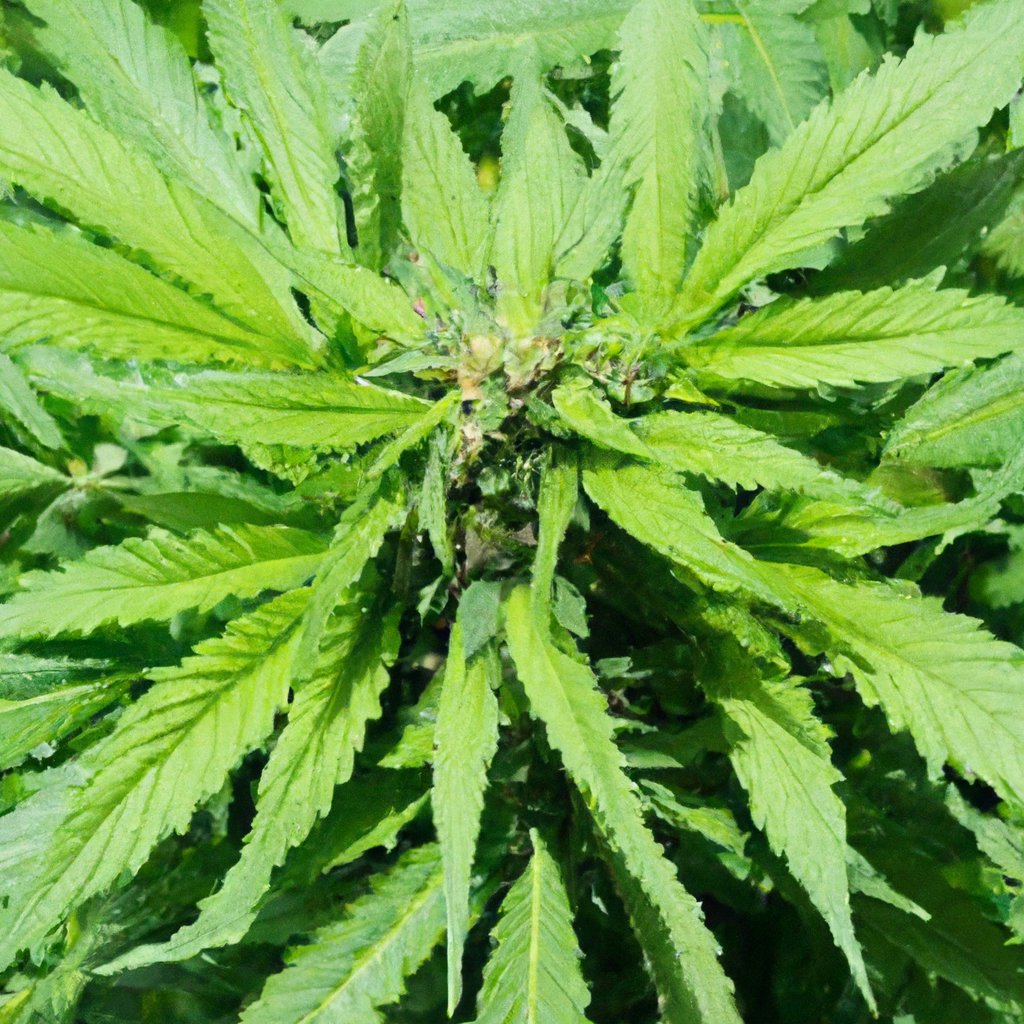
As the cannabis industry expands, many growers are adopting organic cultivation methods to enhance sustainability and crop quality. This approach involves using natural fertilizers, compost, and pest control to boost plant health and support environmental wellness. Key practices include building a robust soil ecosystem through composting, crop rotation, and mulching, nourishing plants with natural fertilizers…
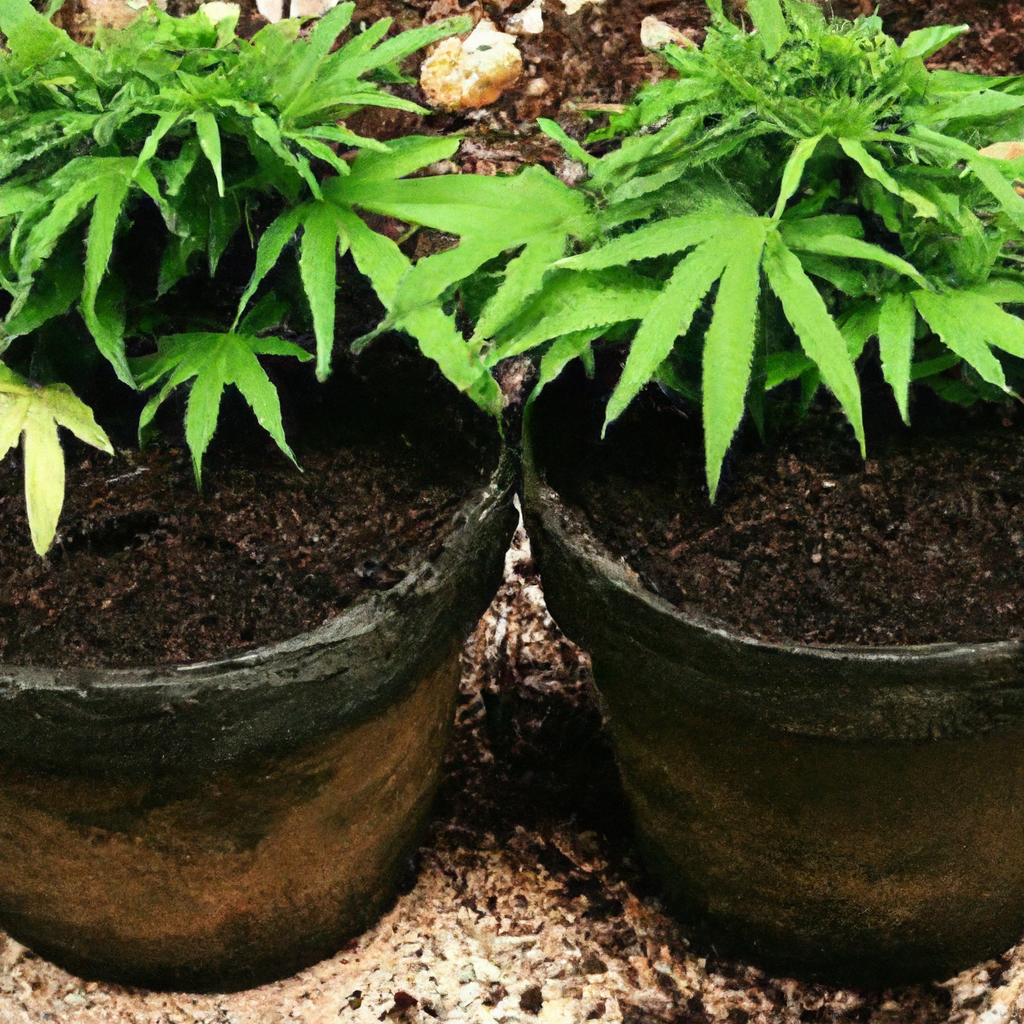
Leverage the practice of companion planting to boost your cannabis yield by pairing your plants with beneficial companions. This age-old technique can naturally control pests, enhance soil health, and optimize resources, ultimately leading to healthier plants and increased yields. Key companions like marigold, lavender, basil, and clover offer specific advantages such as pest repellence, enhanced…
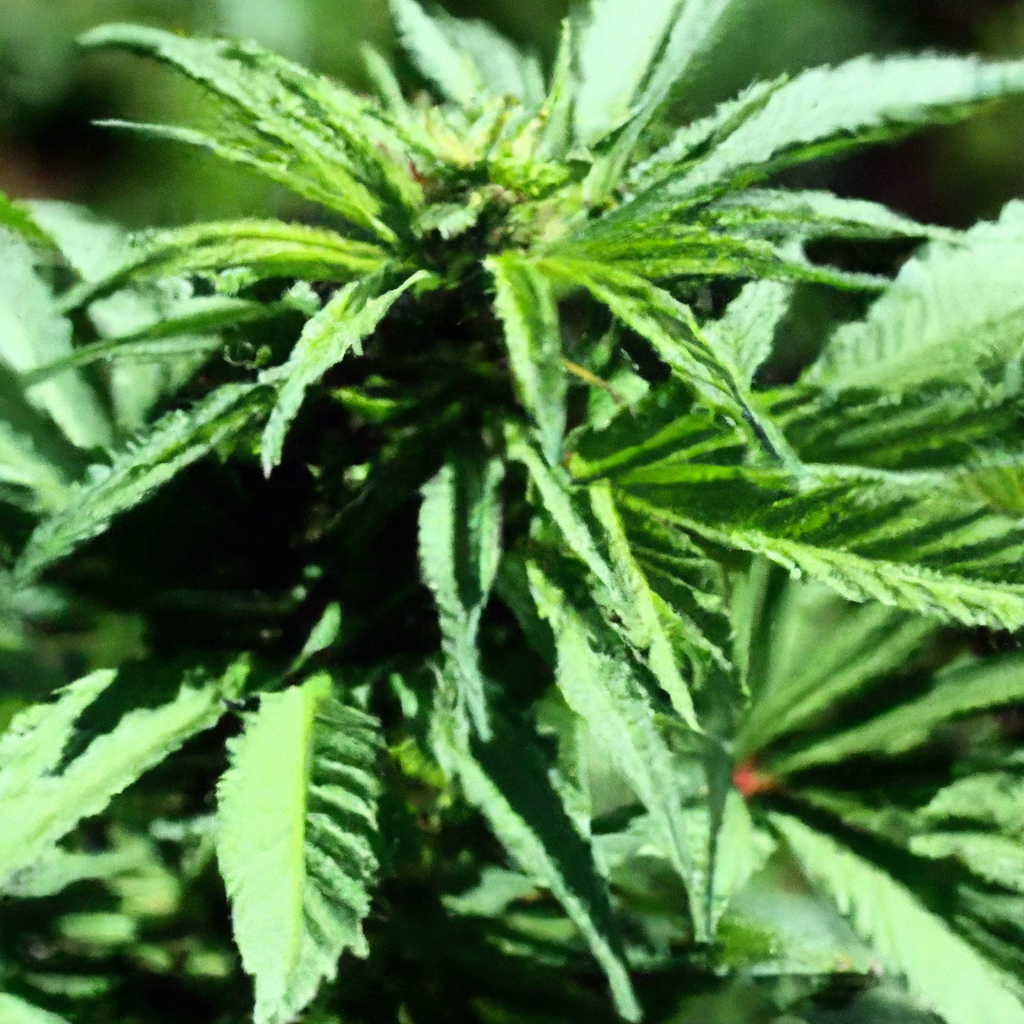
With a growing focus on sustainability and health, organic cannabis cultivation uses natural methods like compost, worm castings, and companion planting to enrich soil and control pests without chemicals. This approach enhances environmental health, improves plant quality, and meets consumer demand for ethically produced, chemical-free cannabis. By adopting practices such as cover cropping and mulching,…
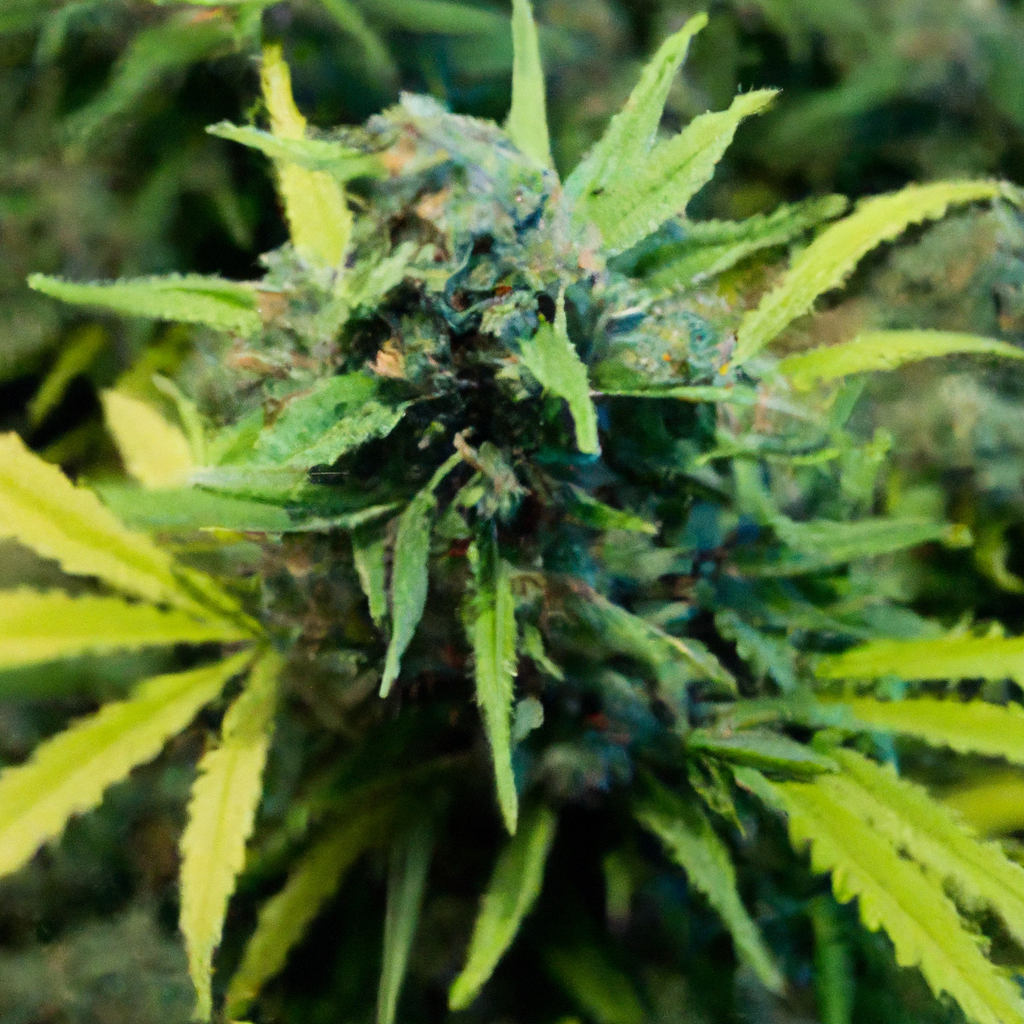
As cannabis cultivation evolves, growers are exploring innovative methods like using companion animals to boost plant health and optimize yield. This practice leverages animals such as chickens, ducks, and earthworms for benefits like pest control, soil aeration, and nutrient distribution. While integrating animals requires careful planning to avoid issues like plant damage, adhering to best…
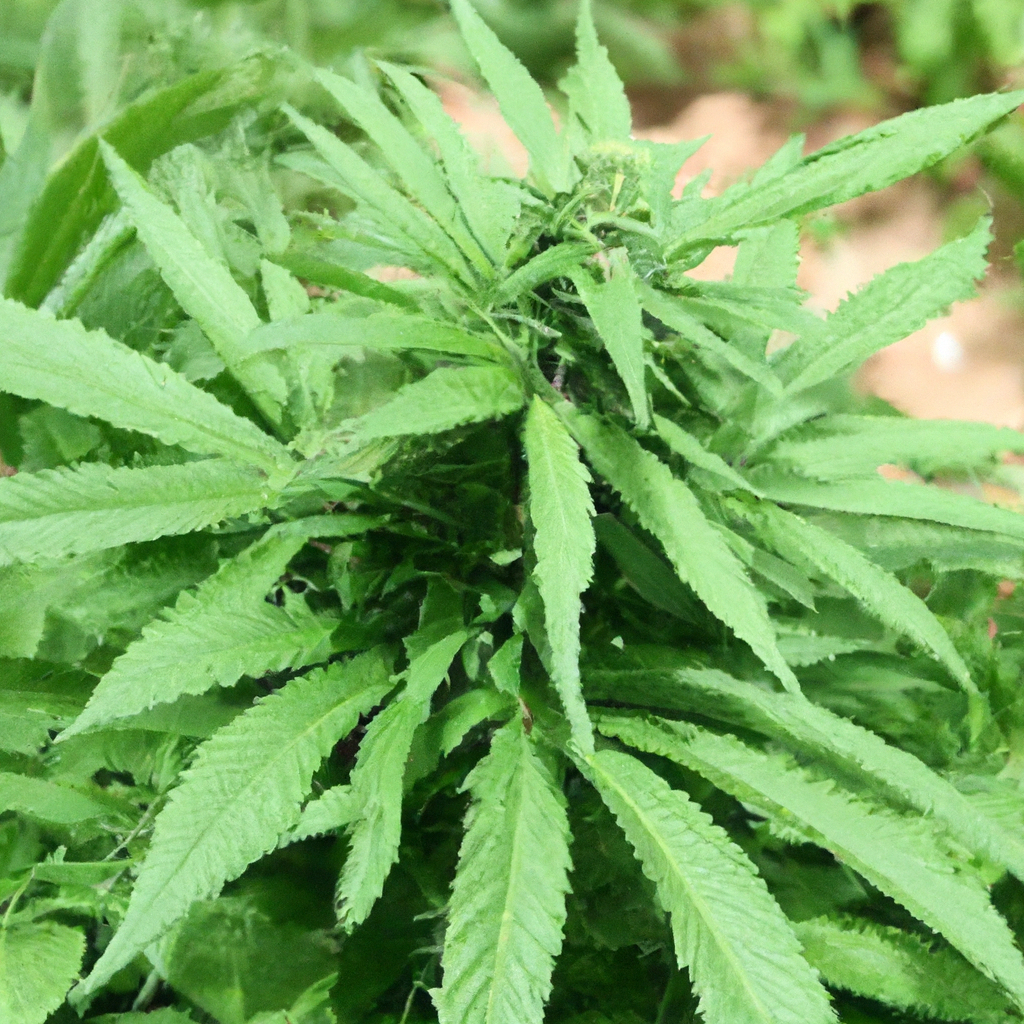
Organic cannabis cultivation emphasizes sustainability and holistic wellness by using natural resources for quality yields. Key practices include building a healthy soil ecosystem through composting and green manure and utilizing natural fertilizers like fish emulsion and bone meal. Eco-friendly pest control methods, such as companion planting and the use of beneficial insects, further reduce chemical…
